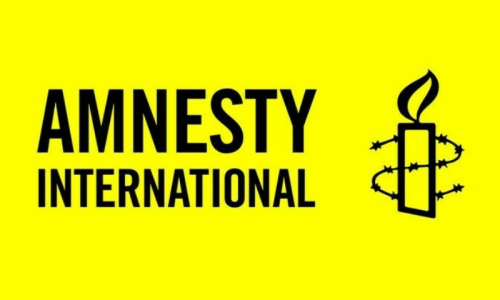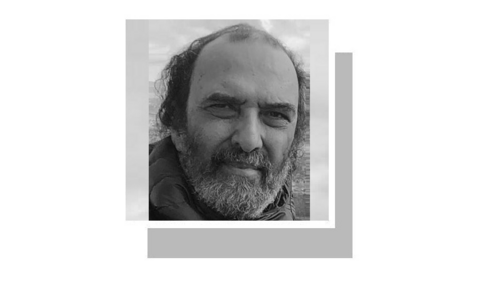NEW DELHI: An India-Pakistan peace pact was ready to be signed by past leaders before they lost power, but it remains alive after the Modi government vetted it, according to a book quoted in a review by Karan Thapar on Saturday.
“By the end of the second term of the UPA government and of Dr Manmohan Singh’s ten-year term, the draft agreement had been approved and was ready for signature,” former ambassador to Pakistan Satinder Lambah says in his book Pursuit of Peace, quoted in The Hindustan Times. It has been published posthumously as the diplomat died in June last year.
“There were 36 meetings of the backchannel from May 2003 to March 2014,” a period spanning two leaders from each side. Gen Pervez Musharraf and Nawaz Sharif supported the backchannel from Pakistan, while Atal Bihari Vajpayee and Manmohan Singh pressed on with it for India. Most of the agreement was concluded during Gen Musharraf’s time, the book says. Nothing much happened after he lost power, but then prime minister Nawaz Sharif “injected new momentum and urgency into the process”. Unfortunately, by then, “attention in India turned to the 2014 general elections”.
Mr Thapar, a journalist, senses that there were two moments when a deal could have happened. First, in 2007, but it didn’t because of Gen Musharraf’s “internal problems”. The second with Nawaz Sharif before India’s elections diverted attention.
‘All is not lost,’ ex-diplomat writes in Pursuit of Peace
But hopes did not end with Prime Minister Narendra Modi taking charge in May 2014.
“There appeared to be an intent to continue the backchannel process,” the book claims. “The file on the subject had been reviewed. I was even once told that no major change was required. A distinguished diplomat was being considered to be appointed as special envoy by Prime Minister Modi. I was asked to meet him.”
But that envoy was never appointed.
The Modi government tried again in April 2017. “A senior official of the PMO came to see me at my house. He said the prime minister wanted me to go to Pakistan to meet Prime Minister Nawaz Sharif.”
Sadly, an incident, described by Mr Thapar as “a very Indian development” nipped this in the bud. While Mr Lambah was awaiting “details of the points to be discussed and was asked to give (his) travel documents to enable (him) to travel to Pakistan”, the strangest thing happened. “I saw a news item that a leading Indian businessman, who was an emissary, had gone to meet PM Nawaz Sharif, in his personal plane … under the circumstances, it would not be proper for two people to represent the prime minister for the same purpose”.
According to the journalist’s quotes, former Pakistani high commissioner Abdul Basit had suggested the businessman was probably Sajjan Jindal.
“This was,” Mr Lambah writes, “the last conversation I had on this subject.”
The details in the book corroborate the view that the deal was tantalisingly close to fruition under Manmohan Singh. “My diary recalls I had 68 meetings with the prime minister”.
Those were days when foreign policy was discussed with as wide a range of people as were one way or another involved. “Pranab Mukherjee was kept fully informed of all developments”.
In November 2006, Sonia Gandhi was briefed. Earlier, in 2005, the army chief was involved. What’s more, Atal Bihari Vajpayee, L.K. Advani, former national security adviser Brajesh Mishra, Farooq Abdullah, Omar Abdullah, Mufti Mohammad Sayeed, Karan Singh and Ghulam Nabi Azad were also kept informed.
Efforts were made to ensure the outcome was in keeping with the Indian constitution, parliamentary resolutions and the constitution of India-held Jammu and Kashmir.
Mr Lambah had six meetings between March 2006 and March 2007 with Chief Justice Adarsh Sein Anand. He also met the distinguished lawyer Fali Nariman.
The agreement was based on Gen Musharraf’s four-point formula as well as the three ideas proposed by Manmohan Singh in his Amritsar speech.
The book speaks of the 14 guidelines for the negotiations. They include: “There cannot be any redrawing of borders; military formation on both sides of LoC to be kept to the minimum, particularly in populated areas; self-governance for internal management on both sides of LoC; people on both sides of LoC should be allowed to move freely from one side of LoC to another; and disavowal by Pakistan of use of terrorism as state policy and allowing use of its territory by non-state actors.” Had the agreement come about “it is possible that it would have turned the course of history”.
However, Mr Lambah suggests, all is not lost. “That possibility still exists and the principles and the text of the draft agreement are still there to be taken up whenever the two sides feel the need to resume the process.”
Published in Dawn, EOS, March 5th, 2023












































